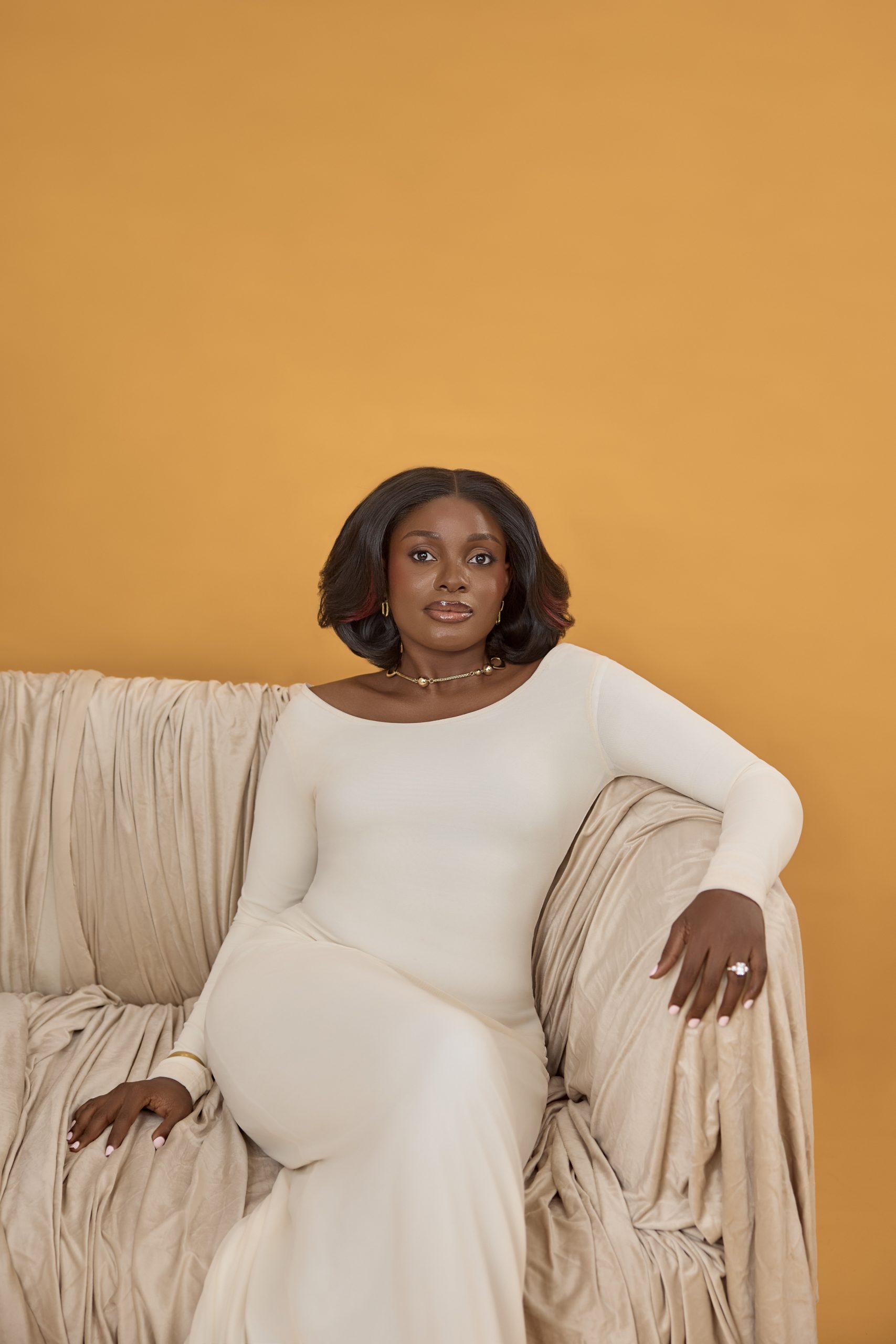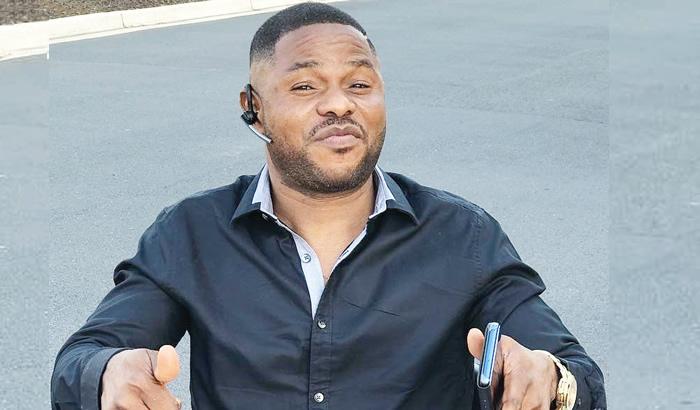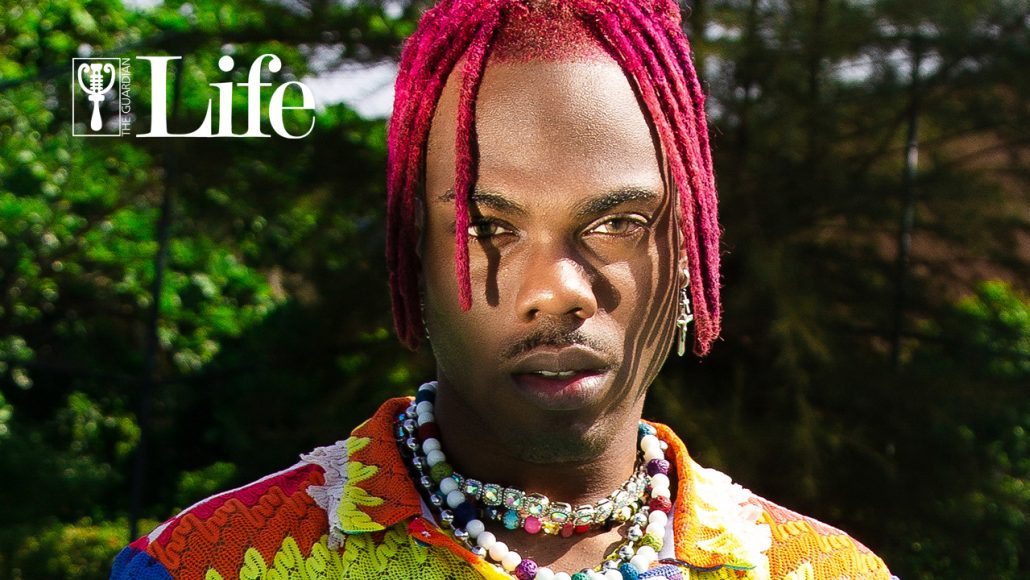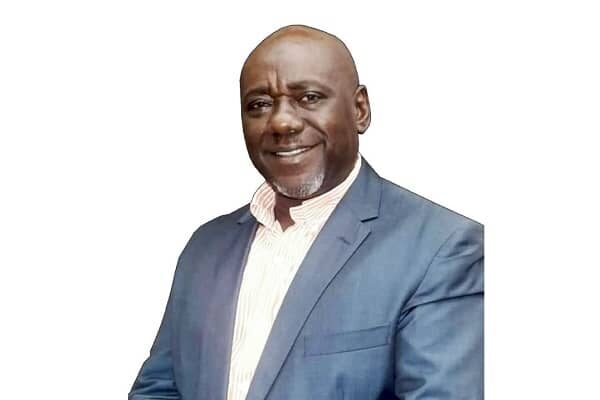In honour of Madame Clicquot’s audacious legacy, the 2025 Veuve Clicquot Bold Woman Award in Nigeria celebrates three women who embody resilience, innovation, and visionary leadership: Remi Martins-Johnson, recipient of the Bold Woman Award, and Teniola Tunde-Oni and Funmilola Aderemi, joint recipients of the Bold Future Award.
In 1805, at a time when the Napoleonic Code denied French women civil and political rights, prohibiting them from working, voting, or even owning a bank account, Madame Clicquot took the reins of a struggling wine business after the sudden death of her husband. Over the years, she steered the house through daunting challenges, including wartime blockades, and revolutionised the wine industry. She invented three new techniques for making champagne, transforming it from a fizzy, cloudy drink into the luminous, sparkling nectar that has become the darling of society.
To honour her legacy, Veuve Clicquot, one of the world’s largest Champagne houses, created the Bold Woman Award in 1972, followed by the Bold Future Award in 2014, to celebrate daring women entrepreneurs across the globe who embody Madame Clicquot’s visionary and audacious leadership.
This year in Nigeria, that legacy has been passed to three remarkable women: Remi Martins-Johnson, recipient of the Bold Woman Award, and Teniola Tunde-Oni and Funmilola Aderemi, recipients of the Bold Future Award.
Remi Martins-Johnson – Texture Science Labs

2025 Bold Woman Award Recipient
Boldness is building when others can’t see the vision.
“Remi Martins-Johnson is versatile and bold,” her hair would say, if it could speak. It is fitting, then, that her life’s work is reimagining what hair can mean, not just as adornment, but as innovation, identity, and proof that Africa is not only following global beauty but shaping it.
“Too often, we’re seen only as consumers of global beauty trends. This platform allows me to amplify the fact that we are also pioneers and exporters of ideas,” as she speaks about the Veuve Clicquot Bold Woman Award, her voice sharpens with conviction. For her, the recognition is not a crown to rest on but a megaphone, one that says to the world: listen, Africa is building.
And Martins-Johnson is building boldly. “Being bold means acting on conviction, sometimes, even before the world catches up. It’s the courage to build what you wish existed, even when others can’t see the vision yet”.
Her journey into entrepreneurship started with frustration. The extensions available to her didn’t blend with her natural texture. So, she began a blog, a space to vent, connect and share those frustrations, which quickly gathered a community of women whose experiences mirrored hers. “Because I live the same frustrations and share the same needs, it’s easier to design solutions that speak directly to them. That’s the greatest edge.”
That edge evolved into a business, Natural Girl Wigs, which later became Regirl and today, Nigeria’s first hair laboratory: Texture Science Labs. At its heart is ReXI™, a lab-made hair fibre designed to feel as authentic as it looks.
“I used to believe innovation had to be perfect before it could be shared. The business proved me wrong and has shown me that innovation thrives on iteration. Our community actually helped us refine ReXI™ by giving raw, honest feedback that has made the product better than anything I could have built in isolation.”
But being bold rarely comes draped in applause. “When we first said we were creating ‘lab-made hair,’ many dismissed it as impossible or unnecessary. They said, ‘Women already have wigs, why complicate it?’ or my favourite one, ‘It’s just synthetic hair, what’s new?’” She smiles at the memory. Those critics are now customers.
Other similar moments remind her that her vision for Texture Science Labs goes beyond hair to creating possibilities. “At the community Town Hall we hosted for ReXI™ 2.0 Launch, a customer walked up to me and said, ‘This is really good. What you guys are doing is going to be so big, and I’m really happy to be here from the beginning.’ That moment crystallised it. Our work is bigger than just the hairstyles; it’s about shifting what’s possible and creating that possibility from here.”
That possibility stretches far beyond Nigeria. Her moonshot is unapologetically ambitious: “to make ReXI Lab-made Hair the gold standard alternative to human hair globally.” The language is deliberate. She doesn’t see herself as running a niche brand; she is building a new category of beauty. Still, her compass is grounded in ethics. “Science gives us performance and edge, aesthetics makes it desirable, and ethics ensures it’s sustainable and fair. If one of those elements is missing, then it’s not true innovation.”
Martins-Johnson reveals something more intimate behind the science. While many mistakenly equate boldness with the absence of fear, she insists it’s the will to try, despite vulnerability, in the face of challenges. “For me, it’s resilience. It’s being able to cry when things are hard, but dusting myself up to try again. It’s knowing that vulnerability and persistence can coexist.”
This philosophy spills into her leadership. “Womanhood has taught me that leadership is not about control, it’s about care. The way we nurture, listen, and build community is a powerful form of leadership that textbooks rarely emphasise but can also be what sustains companies in the long run.”
Remi Martins-Johnson is versatile and bold. Just like her hair. Just like her vision. Winning the Bold Woman Award, then, is not an endpoint but a charge to keep creating, to keep answering needs with courage.
Teniola Tunde-Oni & Funmilola Aderemi – Pharmarun

2025 Bold Future Award Recipients
Boldness is born of necessity.
English writer Benjamin Jowett said, “Necessity is the mother of invention.” He could have been speaking of Teniola Tunde-Oni and Funmilola Aderemi of Pharmarun, because what would later become Pharmarun didn’t start with a polished business plan. It began with urgency.
In the middle of the COVID-19 lockdowns, when patients across Nigeria suddenly lost access to their regular pharmacies, Teniola Tunde-Oni found herself at the centre of a silent crisis. “At first, it wasn’t a company, it was just me helping my neighbours, using available logistics riders to get medications delivered,” she recalls. However, after the lockdowns ended, the need for essential medicines remained just as urgent. Pharmacies in high-density areas still ran out of stock, while others had a surplus. “That imbalance showed the scale of the issue and inspired me to build a sustainable solution.”
Pharmarun was officially launched in 2022 to bridge these gaps and create a system that provides people with reliable, timely access to medication.
Beside her on that journey is her best friend, Funmilola Aderemi, co-founder and product manager with nearly a decade in tech. Where Tunde-Oni saw the operational cracks, Aderemi saw a design challenge. “Healthcare urgently needs to design for empathy,” she says. “Products should not just function; they must deeply understand the patient journey, anticipate challenges, and reduce friction. Every tap and workflow should reflect the real-life experience of patients and practitioners, not assumptions.”
Together, they began building Pharmarun as an ecosystem rather than just an app. “My tech background helped me systematically connect pharmacies, logistics, and patients in an agile manner,” Aderemi explains. “Systematically, here being the keyword. Creating a reliable ecosystem while continuing to iterate and improve.”
That systematic foundation has allowed Pharmarun to scale from the bustling chaos of Lagos to other cities across Nigeria. “The biggest challenge is variability across cities,” Aderemi admits. “Internet connectivity, infrastructure, number of licensed pharmacies, and user tech literacy differ greatly. We’ve had to design a system flexible enough to perform reliably while maintaining trust and consistency.”
For Tunde-Oni, operational excellence is a daily discipline. “The truth is, it’s a constant work in progress; we’re still figuring it out every day,” she says. “But what keeps us grounded is focusing on building strong systems rather than quick fixes. We’ve invested in technology that automates a lot of the complexity, like our order management system that matches pharmacies based on price and proximity, and our logistics integrations that ensure speed and visibility. We don’t always get it perfect, but we learn fast, adjust quickly, and measure what works.”
Beyond logistics, the soul of Pharmarun is in anticipating needs. Aderemi beams with excitement when she talks about one of her proudest features. “Our subscription feature stands out. Users can schedule recurring medication deliveries with reminders, lock prices for up to six months, and get nudged automatically if they set the time they usually take their medications. It’s changed how people manage chronic medications without them even realising they needed it. I love it so much. It makes me so proud of my team.”
But to lead a healthtech company in Africa is also to wrestle with systemic hurdles. Tunde-Oni points to prescriptions as a starting point. “One policy change that would have the biggest impact right now is the adoption of a unified e-prescription and digital formulary system,” she explains. “If we had a framework where prescriptions could be sent directly from doctors to a patient’s pharmacy of choice, linked to a central drug formulary and real-time inventory systems, it would cut delays, reduce errors, and improve adherence.”
Still, they have never shied away from risk. “We went after the big guys early, even with a small network of about 300 pharmacies,” Tunde-Oni admits. It was, as she describes, a classic chicken-and-egg dilemma. Pharmarun needed pharmacies to trust the platform and remain on it, but that trust depended on a steady flow of orders. Yet, to secure those orders, they also needed buy-in from insurers and hospitals. At the time, they weren’t yet the biggest network.
“It was a bold bet to knock on the doors of leading insurance companies with a young team and a still-growing platform. But it worked. Those partnerships gave us the credibility and demand we needed to grow quickly. Looking back, that risk, choosing to swing big before we were fully ‘ready’, was one of the turning points that shaped Pharmarun into what it is today.”
For both women, boldness is inseparable from how they lead. Aderemi calls it “stepping out of your comfort zone to do what’s inconvenient and taking risks that challenge entrenched systems.” Tunde-Oni frames it as wholeness: “Being bold, to me, is daring to do it all, a woman, a wife, a mum, and a CEO. I see those identities as my superpower.” Womanhood, too, has shaped their leadership. It is a lens of empathy, resilience, and creativity for Aderemi. While for Tunde-Oni, motherhood became the crucible. “What I feared would slow me down actually built my resilience. It sharpened how I lead, reminding me that juggling and prioritising are not weaknesses but strengths.”
And as they step onto a global stage through the Veuve Clicquot Bold Future Award, they are clear about what comes next. “Beyond Pharmarun, I want to use this platform to open doors for more women, especially in healthcare, to think bigger, to collaborate across borders, and to see themselves as builders of lasting systems,” Tunde-Oni says.
Aderemi hopes to use the platform to “mentor and support emerging women founders, advocate for equitable digital health access across Africa, and share insights on building sustainable healthcare solutions that impact communities at scale.”
In their hands, access to medicine is not just a transaction; it is infrastructure, empathy, and boldness woven together.
From champagne in 1805 to beauty and healthcare, Madame Clicquot, Remi Martins, Tunde-Oni, Aderemi, and the over 450 women celebrated since 1972 remind us that boldness transcends time, geography, and industry. It is the enduring drive to reimagine what’s possible.
Entries for the 2026 Bold Woman Award are now open. Visit www.boldopendatabase.com to learn more.








